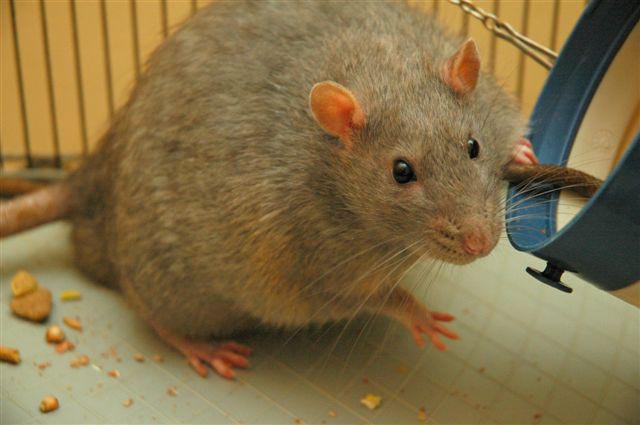
A journal has retracted a paper on the semen of diabetic rats after learning about problems with authorship, and possibly more.
Physiology International, which also is called Acta Physiologica Hungarica, published the article, “The effects of sericin in recovering spermatogenesis and sexual hormone levels in diabetic rats,” in 2019. The first author was Ali Olfati, of Tabriz University in Iran. The second author — on paper, at least — was Felipe Martínez-Pastor, of the University of León, in Spain.
Not so. Per the retraction notice (which now directs to a “page not found” error):
Continue reading “I am the first one to regret not being more careful in the first place”: Paper on rat semen retracted






